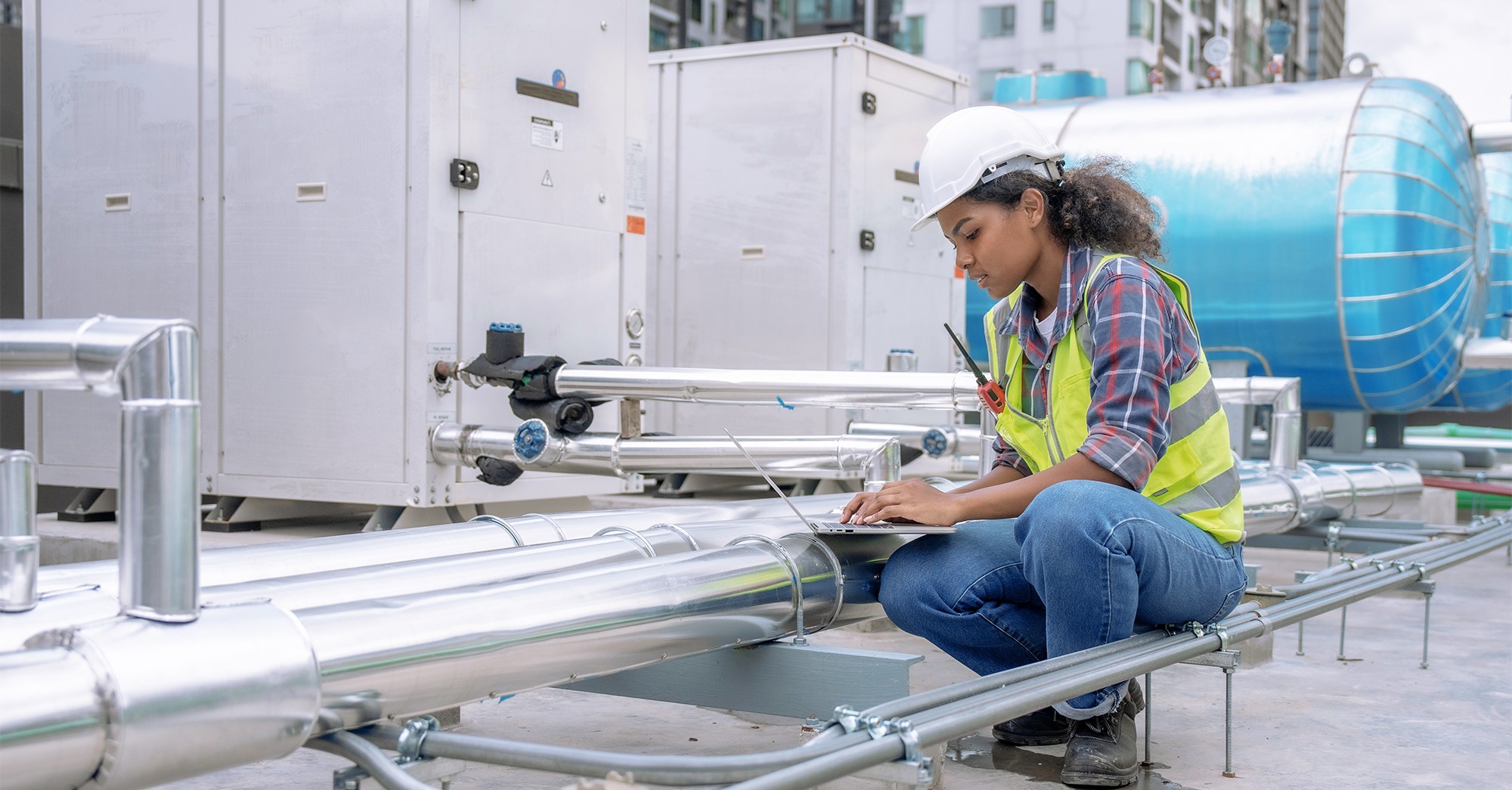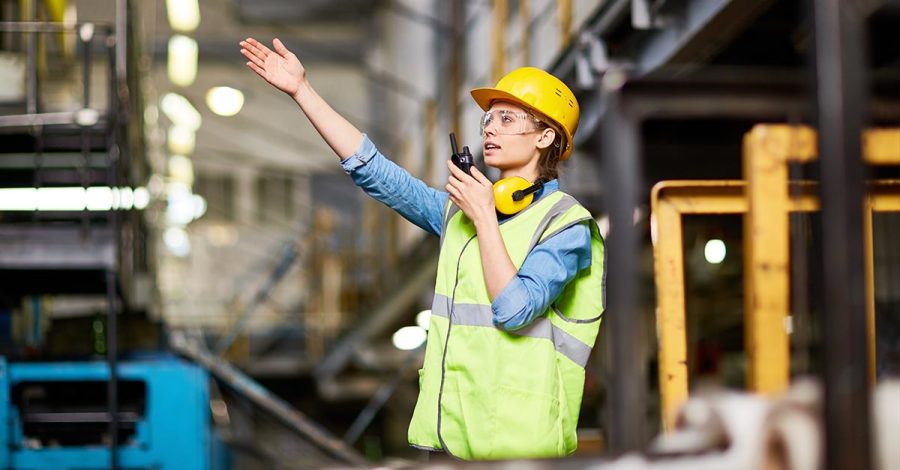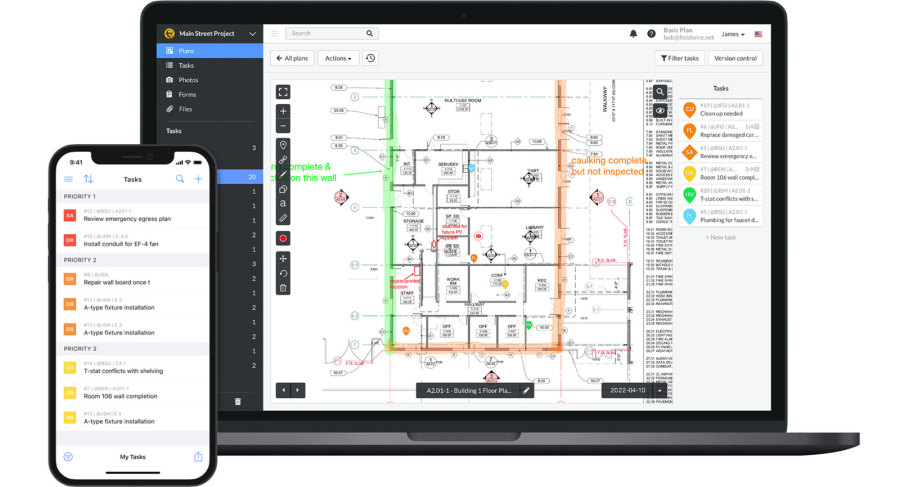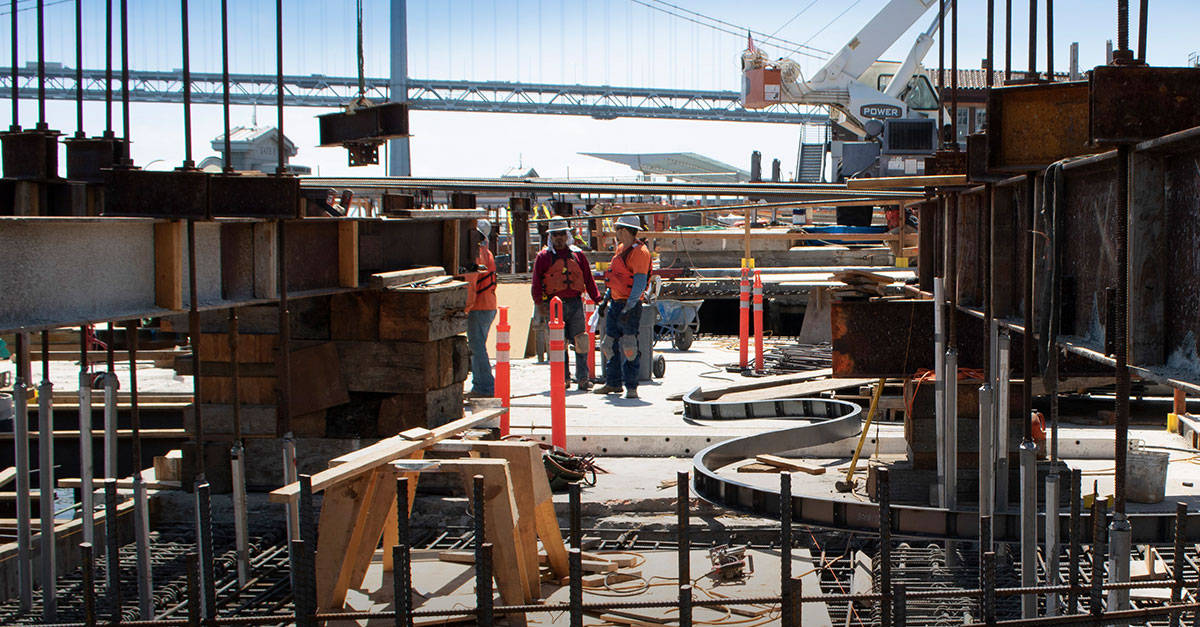Women in construction: navigating a male-dominated industry

For a long time, construction has been perceived as a male-dominated field. Initiatives focused on diversity, equity and inclusion have helped change the perception of women’s contribution to the industry, however, they are still underrepresented. Women represent 10.9% of construction workers in the United States, according to the U.S. Labor Force 2022 Statistics. Data from national statistical offices in Germany, Spain, Italy, Belgium and Portugal show that women made up around 9% of the construction workers in Europe in 2020.
The gender gap impacts women in construction. Despite their skills, experience and passion for the field, some women find themselves working harder to prove their value and expertise. We talked to women working in different roles throughout the construction industry to learn about their experiences in a male-dominated field.
Michelle Turner - Executive Officer at Stone Restoration Services
I became involved in a construction business whilst on maternity leave 25 years ago. I wanted to improve compliance with health and safety and before I knew it I was undertaking a NEBOSH (The UK’s National Examination Board in Occupational Safety and Health) construction exam, which gave me the skills to undertake site inspections and implement new systems within the company. When I started, it was a very difficult trade to be taken seriously and, if I am honest, I felt I had to work 100% harder to get respected. I had previously worked in financial services as an advisor and I guess I was shocked at the silent discrimination that existed at that time. I find my broad shoulders have ensured I didn’t give up.
The increase in female workers in construction is definitely evident, which is a positive outcome. Sites are definitely improving and various legislative changes have been welcomed. But there are still barriers to overcome daily when being a female in construction, even in 2023.
Carine Desbois - Senior Project Engineer at SUEZ
During my various professional experiences, as a woman, I felt like I needed to prove that I knew what I was talking about.
When you start you are both young and a woman, so you have to make an impact, especially as a project manager. It is not easy when you start. You have to have confidence in yourself, then little by little things fall into place. But, to be honest, other than that I have not encountered any significant difficulties throughout my career. We find more and more women on jobsites or at the office. It has started to be fairly democratized for both genders.
Marielle Price - VP of Construction at Fieldwire
I’ve had a lot of experiences where I was treated differently than my peers. There are people who think this is a man's industry, and there are people who don't even know that they're treating you differently. Like calling you “darling” or asking you to do something they wouldn't ask somebody else.
I made an effort to get to know people and really be genuinely interested in and showing that I'm trying to learn about the industry. Then you gain a lot more respect and you start to be treated more as an equal. I think this is a best practice for anybody going into a new industry or even in their existing industry. Additionally, I would stand up for myself if I thought somebody wasn't bringing the right attitude or saying something that wasn't making it a welcome working environment.
Construction is a fantastic industry to get into. It's such a problem solving, teamwork oriented industry that can help you in all facets of your life. It's a lot of work, it's a lot of frustration but at the end of the day you get to see this physical thing that you helped build that improves people's lives. I would love to see more women in the industry.
Lucie Ares - Superintendent at C&W Design+Build France
I have worked in construction for 7 years. As a child, I started working with my father in family renovations on weekends. I then became interested in architecture. During my studies in Civil Engineering, I did an internship in site supervision: that’s where I found my path.
My first difficulties appeared at the start of my career, but rather because I was young and not necessarily because I am a woman. Even today, people are still surprised to find a female superintendent, or women in the construction industry in general. But people get used to it, and they do not treat me differently than my male counterparts.
To women who wish to work in the construction industry, I would say that if the trade interests you, go for it! The job, especially as a superintendent, is fascinating.
Claire-Sophie Chevalier - Senior Project Manager at SUEZ
My big sister studied science, so when the time came to choose a job, I thought “why not an engineer?” The fact that I am a woman wasn’t something I was taking into account. My mother was a bit concerned when I told her that I wanted to do Civil Engineering and Urban Planning, and asked if I didn't want to be a teacher instead!
I've been in the construction industry for 20 years now. I discovered fairly recently that the proportion of women in construction had not changed much, whereas for me, frankly, I never felt out of place.
When you start out and you meet a superintendent with 30 years of experience, there is always a risk of not being taken seriously. By showing your commitment and involvement in the project, you can get the respect you deserve.
Today, I am a Senior Project Manager in a company where 39% of the employees are women among all the engineering teams. You see, it's balanced. The proportion of women at management level remains a challenge, which is also part of the company's diversity action plan. Through awareness-raising for all teams, training, individual support and opportunities for mobility, we’ll soon see more women in these roles.
Like the digitization of construction has been slow to increase over the last several decades, so has the number of women in construction. But, as Diversity, Equity, and Inclusion (DEI) initiatives become more common among many companies, the industry has an opportunity to reduce the gender gap and benefit from the innovation and improved performance that comes with having more diverse teams.

 Taís Oliveira •
Taís Oliveira • 


















